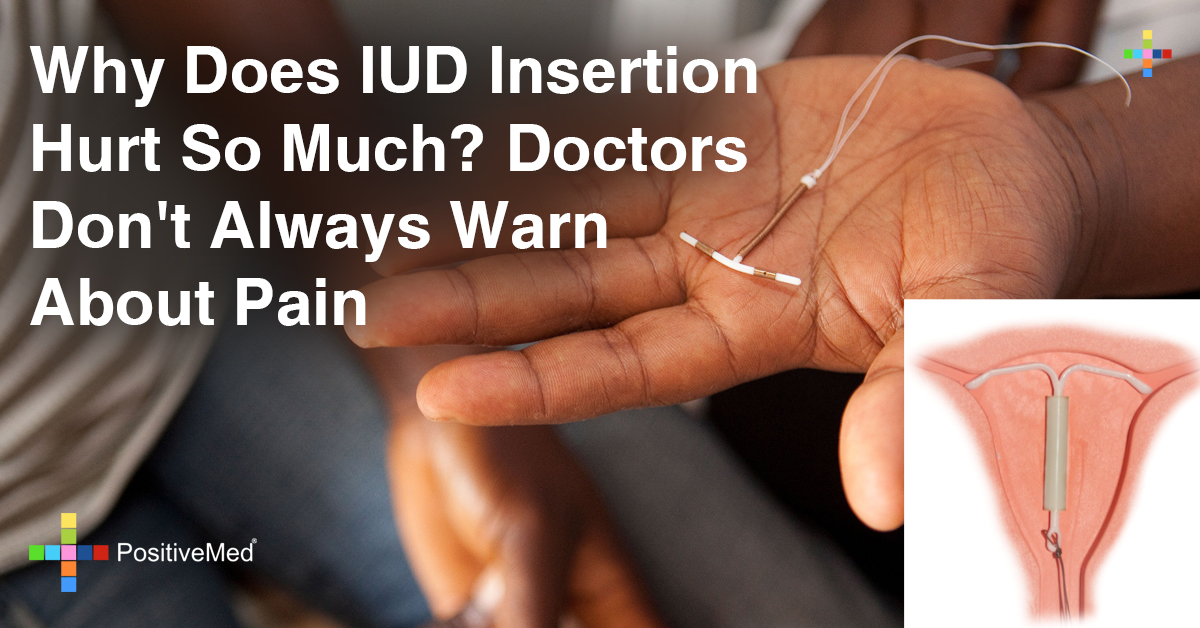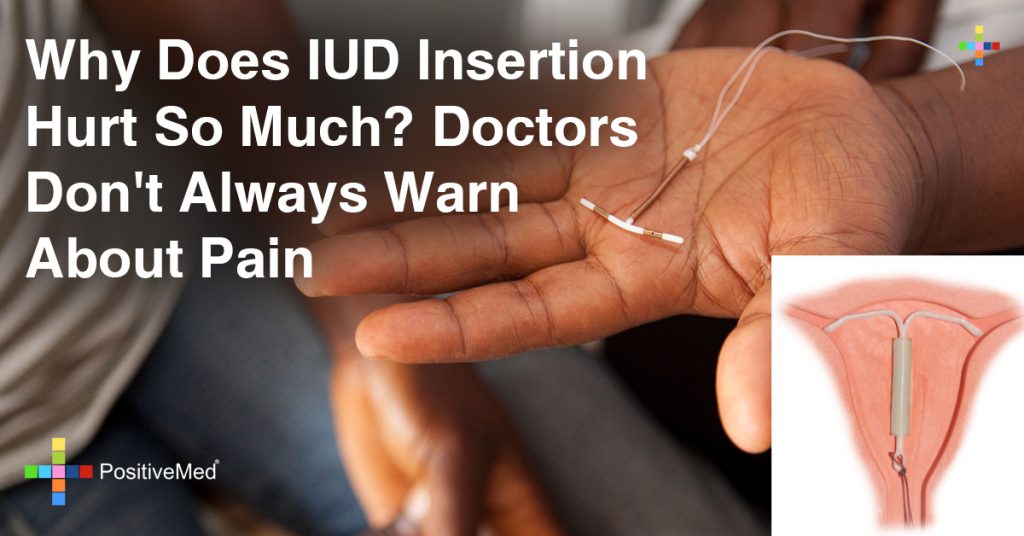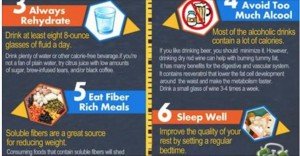IUDs have been surging in popularity among reproductive women in recent years. They have become favorites among other contraceptives due to their mistake-proof and long-term solution. IUD Insertion offer up to 99 percent effectiveness. The copper IUDs, in particular, are non-hormonal, making the perfect choice for most women when avoiding hormonal interruptions. With all these benefits, there is undoubtedly a downside to IUDs that doctors won’t tell you about. Most women opting to have UIDs are concerned with the pain that comes with UID insertion.

Do all women experience pain?
Research has shown that different women experience insertions differently. The procedure takes about two minutes and may range anywhere from painless to extremely painful. Since most women head to the doctor’s office with the assertion that the process will hurt so much, it often becomes less painful than expected.
Why is the insertion process incredibly painful?
While getting to understand why IUD insertionis painful, it’s essential to get a clear idea of the entire procedure. Your doctor will request consent from you to proceed with the insertion of the IUD. Similarly to how a pap smear is conducted, your doctor will insert a speculum to open up the birth canal and hold it open. He or she will then disinfect the cervix to prevent infections and stabilize the area with a tenaculum. Stabilizing the cervix may tag a cramp or a painful pinch.
The second phase of the procedureinvolves measuring the cervical canal and uterus. You might experience a second cramp here. Once your doctor determines that your uterus is large enough to accommodate the IUD, he or she will proceed with the IUD insertion. You might feel some cramp or discomfort when the IUD gets inserted. It’s common to feel lightheaded after or during the procedure. Some doctors administer medication to contain the discomfort or cramps felt during the insertion procedure.
Tips to make the discomfort more bearable
Heat therapy
Once you are through with the insertion process, consider trying heat therapy if your lower abdomen tends to hurt so much. Using a heat pad or hot water bottle, place it on your abdomen to release tension in the muscles, and relieve discomfort.
Rest
Your doctor recommends that you rest after insertion to reduce more irritation and allow the IUD to settle in the uterus. Although you could resume normal activity immediately after the insertion, your doctor may suggest that you take time off for one or two days, including sexual activity.
If you experience any extreme inflammation in the abdomen after the procedure, consult your doctor. Inflammation accompanied by heavy bleeding could be a sign of an expelled IUD or perforated uterus.
Talk to your doctor before the procedure. He or she may give you the confidence you need to undergo the process of insertion without anticipating discomfort. If there is inflammation, it takes only two minutes to get past it. According to statistics, a significant number of women with UIDs inserted are satisfied.






